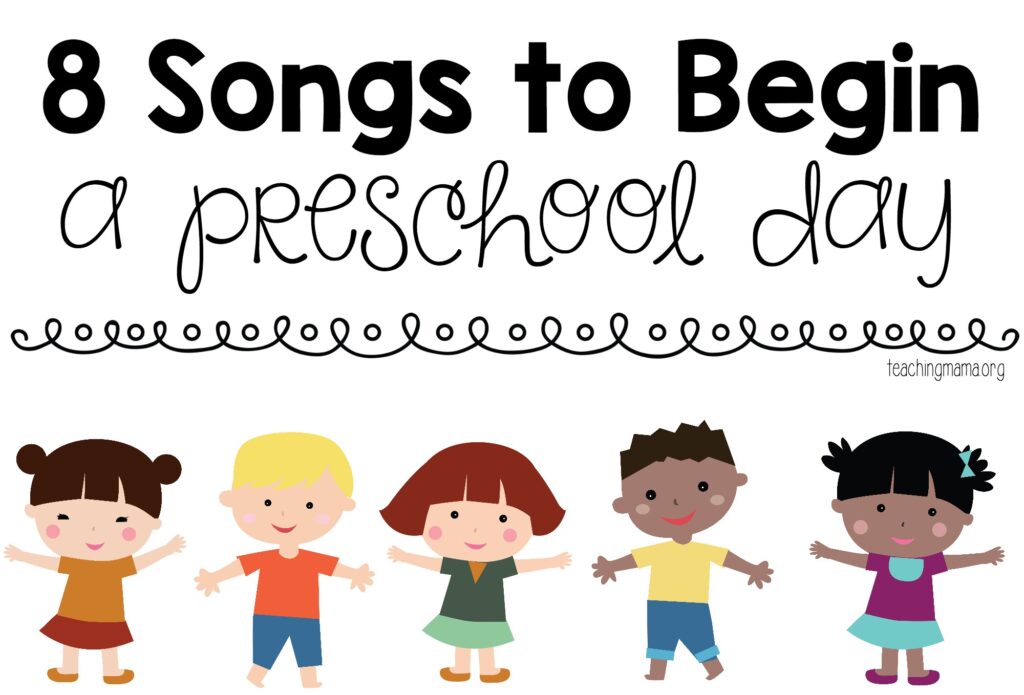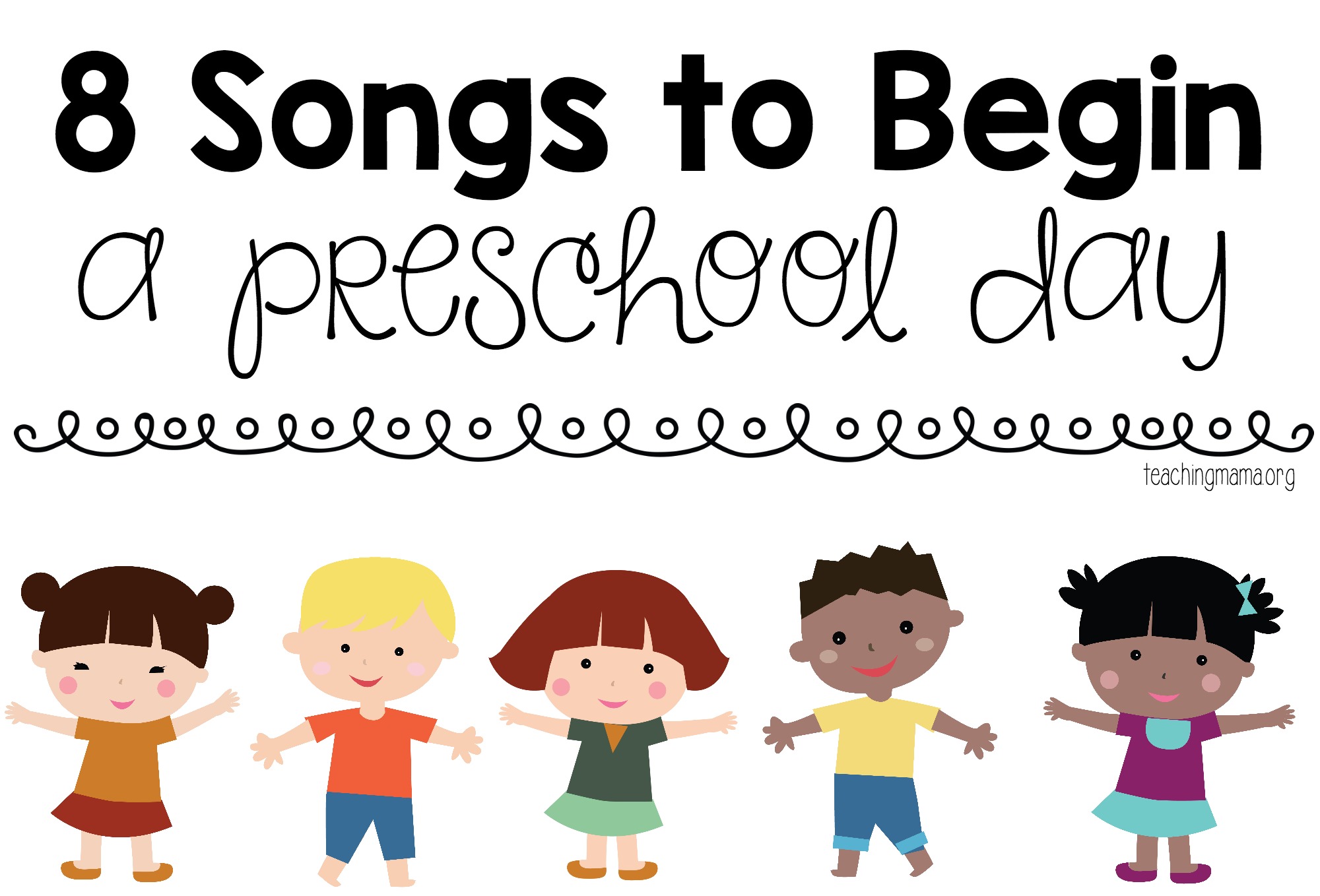
Welcome Preschoolers: A Comprehensive Guide for Parents and Educators
Welcoming preschoolers into a learning environment, whether at home or in a formal preschool setting, is a significant milestone. It marks the beginning of their formal educational journey and sets the foundation for future academic success. This guide aims to provide parents and educators with comprehensive information and practical tips to ensure a smooth and enriching experience for these young learners. Understanding the developmental stages of preschoolers, creating a stimulating environment, and fostering positive social-emotional skills are crucial aspects of this process. This article will explore these elements in detail, offering actionable strategies to effectively welcome preschoolers into the world of learning.
Understanding Preschooler Development
Preschoolers, typically aged 3 to 5, are in a critical stage of development characterized by rapid cognitive, social, emotional, and physical growth. Recognizing these developmental milestones is essential for tailoring learning experiences to their needs and abilities.
Cognitive Development
During this period, preschoolers develop their problem-solving skills, memory, and attention span. They begin to understand cause and effect, explore their environment with curiosity, and engage in imaginative play. Activities like puzzles, storytelling, and simple science experiments can stimulate their cognitive growth. It’s important to encourage their curiosity and provide opportunities for exploration.
Social-Emotional Development
Preschoolers learn to interact with peers, develop empathy, and manage their emotions. They begin to understand social rules and expectations, such as sharing, taking turns, and respecting others. Group activities, role-playing, and discussions about feelings can help foster their social-emotional development. Creating a supportive and inclusive environment is key to helping them navigate these social interactions. A crucial part of this is to welcome preschoolers into a space where they feel safe and valued.
Physical Development
Preschoolers refine their gross motor skills, such as running, jumping, and climbing, as well as their fine motor skills, such as drawing, cutting, and buttoning. Activities like outdoor play, art projects, and building blocks can help enhance their physical development. Providing ample opportunities for physical activity is essential for their overall health and well-being. Integrating these activities helps to welcome preschoolers into a more active and engaging learning experience.
Creating a Stimulating Learning Environment
A stimulating learning environment is crucial for fostering curiosity, creativity, and a love of learning in preschoolers. This environment should be safe, inviting, and conducive to exploration and discovery.
Physical Space
The physical space should be organized, well-lit, and equipped with age-appropriate materials. Consider creating different learning centers, such as a reading corner, an art area, and a block-building zone. These centers should be clearly defined and accessible to the children. Ensure that the space is safe and free from hazards. When you welcome preschoolers to a thoughtfully designed space, you encourage them to explore and learn with confidence.
Materials and Resources
Provide a variety of materials and resources that cater to different learning styles and interests. These may include books, puzzles, art supplies, building blocks, and sensory materials. Rotate the materials regularly to keep the environment fresh and engaging. Consider incorporating natural materials, such as leaves, rocks, and shells, to connect children with the natural world. These resources help welcome preschoolers into a world of discovery.
Learning Activities
Plan a range of learning activities that are developmentally appropriate and engaging. These may include storytelling, singing, dancing, art projects, and science experiments. Incorporate play-based learning activities that allow children to explore, experiment, and discover at their own pace. Encourage collaboration and teamwork through group activities. It’s essential to welcome preschoolers with activities that spark their curiosity and enthusiasm.
Fostering Positive Social-Emotional Skills
Developing positive social-emotional skills is essential for preschoolers’ success in school and in life. These skills include self-awareness, self-regulation, social awareness, relationship skills, and responsible decision-making.
Self-Awareness
Help preschoolers develop self-awareness by encouraging them to identify and express their feelings. Provide opportunities for them to reflect on their strengths and weaknesses. Teach them about different emotions and how to manage them in healthy ways. When you welcome preschoolers with empathy and understanding, you help them build a strong sense of self.
Self-Regulation
Teach preschoolers strategies for managing their emotions and behaviors. This may include deep breathing exercises, counting to ten, or taking a break. Help them understand the consequences of their actions and encourage them to make responsible choices. When you welcome preschoolers with clear expectations and consistent support, you help them develop self-regulation skills.
Social Awareness
Promote social awareness by teaching preschoolers about empathy and perspective-taking. Encourage them to consider the feelings of others and to treat everyone with respect. Help them understand different cultures and backgrounds. This helps welcome preschoolers into a diverse and inclusive community.
Relationship Skills
Foster relationship skills by teaching preschoolers how to communicate effectively, cooperate with others, and resolve conflicts peacefully. Provide opportunities for them to practice these skills through group activities and role-playing. When you welcome preschoolers with opportunities to build positive relationships, you help them develop essential social skills.
Responsible Decision-Making
Encourage responsible decision-making by teaching preschoolers how to identify problems, consider different solutions, and evaluate the consequences of their choices. Help them understand the importance of making ethical decisions and taking responsibility for their actions. To effectively welcome preschoolers, encourage them to think critically and make responsible choices from a young age.
Addressing Common Challenges
Welcoming preschoolers can present certain challenges. Understanding these challenges and having strategies to address them is crucial for a smooth transition.
Separation Anxiety
Separation anxiety is a common concern for preschoolers. To ease this anxiety, establish a consistent drop-off routine, provide a comfort object, and reassure the child that you will return. Create a welcoming and supportive environment where the child feels safe and secure. Helping the child understand that their parents will come back is key to welcome preschoolers and alleviate their fears.
Behavioral Issues
Behavioral issues, such as tantrums, biting, and hitting, can also arise. Address these issues with consistent and age-appropriate discipline. Set clear expectations and consequences, and provide positive reinforcement for good behavior. Teach preschoolers alternative ways to express their feelings and resolve conflicts. You can welcome preschoolers by setting clear boundaries and expectations.
Learning Differences
Some preschoolers may have learning differences that require additional support. Identify these differences early and work with parents and specialists to develop an individualized learning plan. Provide accommodations and modifications to help the child succeed. It is vital to welcome preschoolers with diverse learning needs and provide tailored support.
The Role of Parents and Educators
Both parents and educators play a crucial role in welcoming preschoolers and supporting their development. Collaboration and communication between home and school are essential for ensuring a consistent and supportive learning environment.
Parent Involvement
Encourage parent involvement through regular communication, parent-teacher conferences, and volunteer opportunities. Provide parents with resources and information to support their child’s learning at home. Value their input and work together to address any concerns. When parents are actively involved, you welcome preschoolers into a community of care and support.
Educator’s Role
Educators should create a welcoming and inclusive classroom environment where all children feel valued and respected. They should provide individualized attention and support to meet each child’s unique needs. They should also collaborate with parents and specialists to ensure that each child receives the appropriate support. To effectively welcome preschoolers, educators must be patient, understanding, and dedicated to their well-being.
Conclusion
Welcoming preschoolers is a rewarding but challenging endeavor. By understanding their developmental stages, creating a stimulating learning environment, fostering positive social-emotional skills, and addressing common challenges, parents and educators can ensure a smooth and enriching experience for these young learners. Remember that collaboration, communication, and a commitment to the child’s well-being are key to success. Embracing the opportunity to welcome preschoolers into the world of learning is an investment in their future and the future of our society. By providing a supportive and nurturing environment, we can empower them to reach their full potential and become lifelong learners. This comprehensive approach ensures that we effectively welcome preschoolers and set them on a path to success.
[See also: Early Childhood Education Best Practices]
[See also: Preparing Your Child for Preschool]

